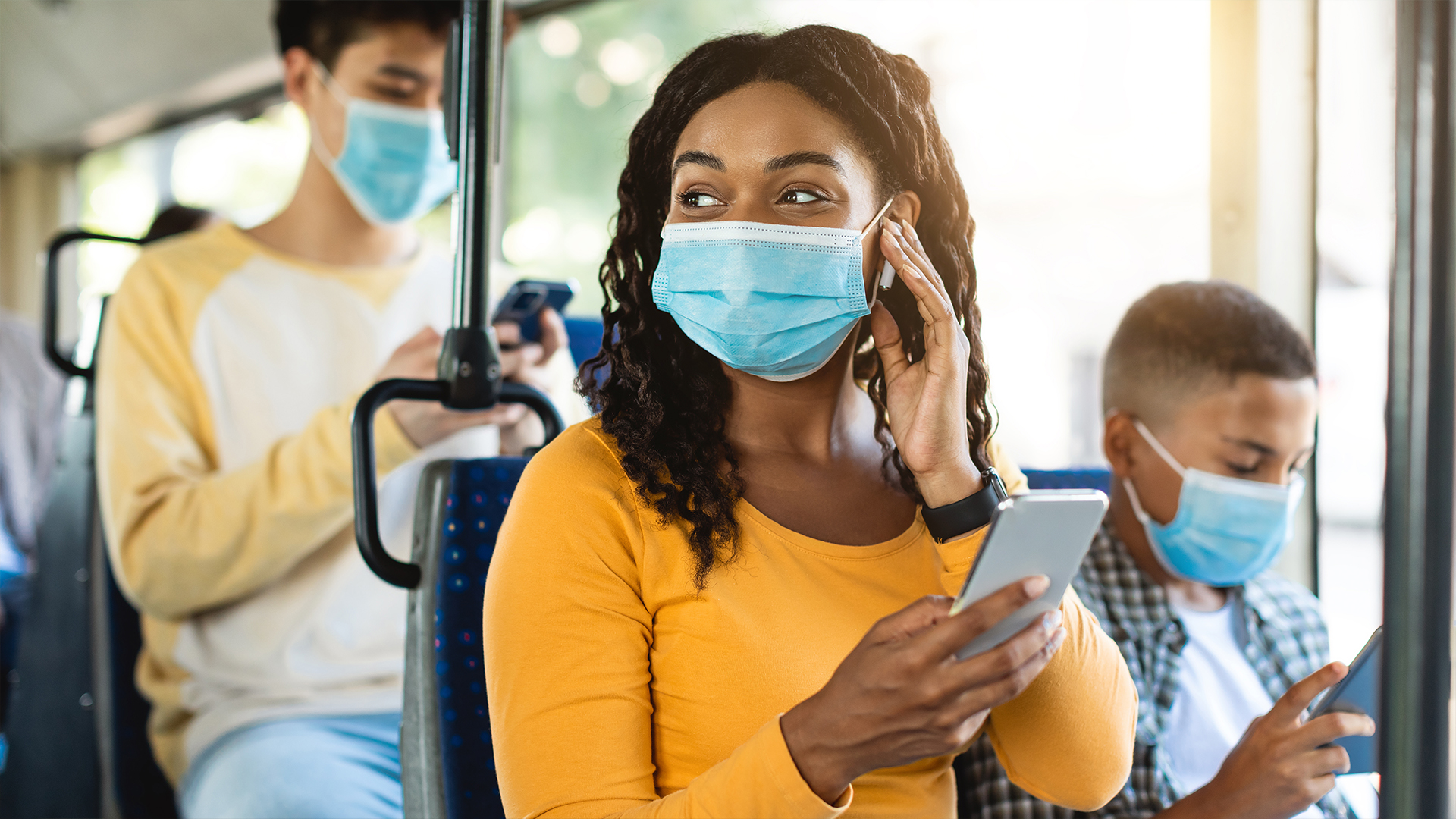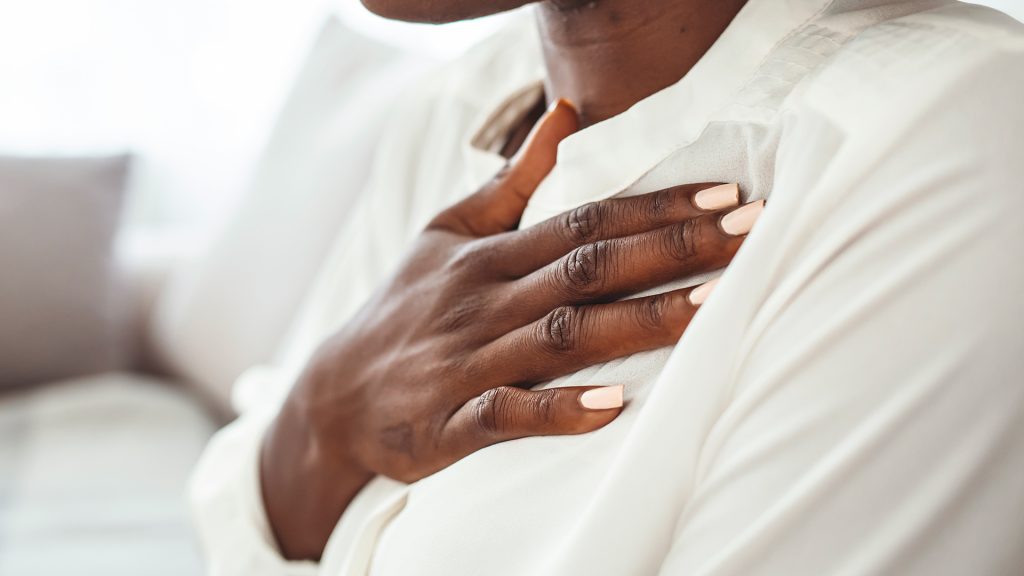Are You Immune to Covid?
The New Normal
Although you may have heard that the Covid pandemic has come to an end, that is technically not true. On October 13, 2022, the government renewed the Covid public health emergency that has been in effect since January 2020, now to January 2023.1
The good news is that experts agree there is an end in sight. Thanks to widespread immunity from infections and vaccines, daily activities look very different today than they did a year or two ago. Cases are in decline and many of us are back to normal activities.
Covid is now a part of everyday life as society continues to find a new normal. Research done by the CDC showed that as of February 2022, more than 60% of the U.S. population tested positive for antibodies against Covid, meaning they had either had a previous Covid infection, been vaccinated, or both.2
Why might you want to test for Covid antibodies?
Are you curious if you would test positive for Covid antibodies? There are many benefits to knowing your Covid antibody status. A Covid antibody test does not check for current infections; it lets you know if you have had a previous infection.
Antibodies are proteins your immune system makes that fights off the infection after exposure to an illness. After you’ve healed, the antibodies will stay in your body for a certain amount of time, depending on the infection, and make it easier to fight off future illnesses of the same kind or make you immune all together.
If you have had a Covid infection, it will take 1-3 weeks for your body to develop antibodies.3 While it is not exactly known how long Covid antibodies last, research has shown that they could stay in the body for up to eleven months.4
If you test positive for Covid antibodies it means that you have a level of immunity to the disease and your body will be able to fight it off much more effectively. However, you should still follow public health precautions to protect yourself and others.
Can the vaccine cause antibodies?
The Covid vaccine has proven to provide substantial protection from the Covid virus. The CDC says that the vaccine can reduce the risk of Covid infection by 91% in fully vaccinated individuals.5
The vaccine can also cause a positive antibody test. This may be an indication that your vaccine is working effectively. Blood antibody tests are often used to measure the effectiveness of a vaccine such as the measles vaccine. These sorts of tests are called titers and let your doctor know if you need a booster shot. Currently, there is no official titer test for the Covid vaccine, but researchers are working on it by monitoring the levels of antibodies in the population through antibody blood tests. Knowing your positive for Covid antibody can give you a clue as to your immune status.
Is there another wave of infections coming?
Some scientists are predicting a wave of infections this winter from a new strain of the Omicron variant. Some also think that a brand new variant may also be a possibility.
Illnesses tend to rise in the fall and winter months due to being indoors more frequently and viruses being more stable in cooler temperatures. Knowing your Covid antibody status could help you make a more informed decision on how to approach the “flu season.”
Best way to get tested for Covid antibodies
There are several different Covid antibody tests on the market that you can do without a doctor’s order. Some of them require you to travel to a patient service center for a blood draw, or there are finger stick options that can be painful and messy, while others can cost hundreds of dollars.
Boomerang offers an affordable Covid antibody test that can be done in the comfort of your own home. The blood sample is collected by an innovative blood collection device that simply attaches to your arm and is virtually painless. After you ship your sample back to the lab, you will have your digital results back within five business days.
Covid is now a part of our lives. Finding out your Covid antibody status can help you make the best decisions for your everyday life as we navigate the new normal.
References
- Renewal of determination that a public health emergency exists. U.S. Department of Health & Human Services. https://aspr.hhs.gov/legal/PHE/Pages/covid19-13Oct2022.aspx. Published October 13, 2022. Accessed October 14, 2022.
- Clarke KE, Jones JM, Deng Y, et al. Seroprevalence of Infection-Induced SARS-CoV-2 Antibodies — United States, September 2021–February 2022. MMWR Morb Mortal Wkly Rep 2022;71:606-608. DOI: http://dx.doi.org/10.15585/mmwr.mm7117e3external icon.
- Antibodies and COVID-19. CDC. https://www.cdc.gov/coronavirus/2019-ncov/your-health/about-covid-19/antibodies.html. Published November 10, 2021. Accessed October 17, 2022.
- Valeria De Giorgi, Kamille A West, Amanda N Henning, Leonard N Chen, Michael R Holbrook, Robin Gross, Janie Liang, Elena Postnikova, Joni Trenbeath, Sarah Pogue, Tania Scinto, Harvey J Alter, Cathy Conry Cantilena, Naturally Acquired SARS-CoV-2 Immunity Persists for Up to 11 Months Following Infection, The Journal of Infectious Diseases, Volume 224, Issue 8, 15 October 2021, Pages 1294–1304, https://doi.org/10.1093/infdis/jiab295
- CDC COVID-19 Study Shows mRNA Vaccines Reduce Risk of Infection by 91 Percent for Fully Vaccinated People. CDC. https://www.cdc.gov/media/releases/2021/p0607-mrna-reduce-risks.html. Published June 7, 2021. Accessed October 17, 2022.





